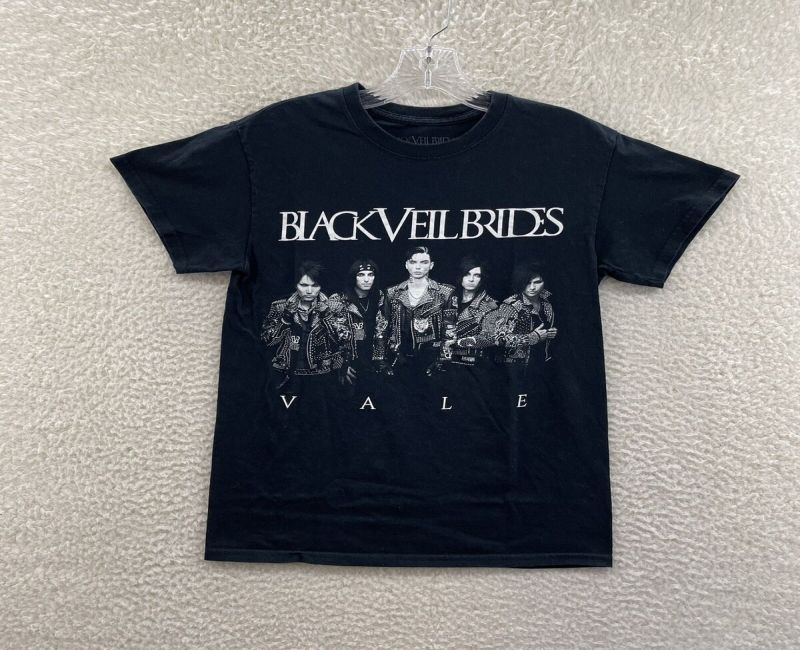The global retail landscape has been evolving rapidly with the advent of technology, and this is no different in the world of fashion. One trend that has recently garnered significant attention is the concept of “losing heroines stores.” These are retail platforms dedicated to selling merchandise inspired by or associated with influential women who have made a mark in various fields such as politics, sports, entertainment, and more. The buzz around these stores is immense, but it begs the question – Is it worth all the hype?
Losing Heroines Stores offer a unique proposition for consumers – they provide an opportunity to wear your inspirations on your sleeve (quite literally!). It’s not just about purchasing clothes or accessories; it’s about making a statement and aligning oneself with powerful messages these women represent. From Ruth Bader Ginsburg-inspired collars to Serena Williams-themed sportswear, these items serve as physical reminders of their resilience, strength, and trailblazing spirits.
However, while the concept may be inspiring and empowering on paper (or screen), its execution often leaves much to be desired. There have been numerous instances where products sold in these stores were found lacking in quality or design aesthetics. This raises questions about whether profit-making motives overshadow the supposed purpose of celebrating these heroines.
Moreover, there is also concern about commodification. By turning influential women into merchandise designs without their consent or involvement can seem exploitative rather than celebratory. It could even dilute their contributions by reducing them to mere fashion symbols.
On another note though: when executed correctly – with proper licensing agreements from relevant parties or estates – Too Many Losing Heroines shop Stores can indeed be a force for good. They can bring attention back onto remarkable women who may have faded from public memory over time due to systemic bias against female achievements.
Furthermore, if part of profits are donated towards causes that these heroines stood for during their lifetime – like gender equality initiatives or charities focusing on improving female representation in male-dominated fields – these stores can have a tangible impact beyond just selling merchandise.
In conclusion, the hype around Losing Heroines Stores is not entirely unfounded. They hold significant potential to change the narrative around women’s representation in popular culture and provide consumers with meaningful ways to express their admiration for influential women. However, it is important for such retail platforms to prioritize authenticity, quality, and respect for these heroines above commercial gains. Only then can they truly live up to the buzz and serve as more than just another fleeting trend in the fast-paced world of retail fashion.


